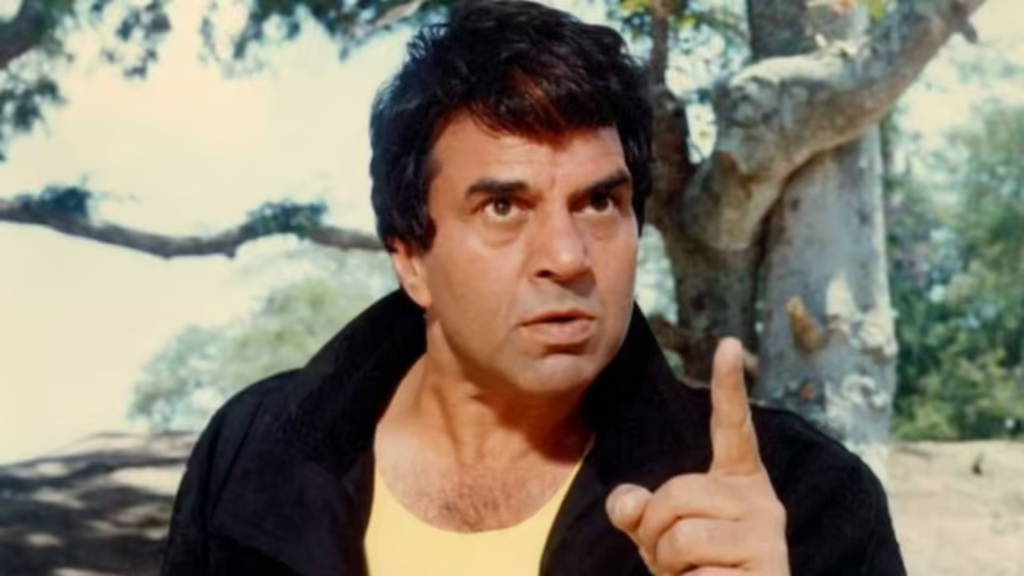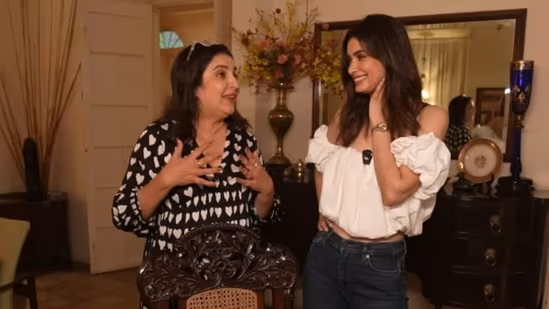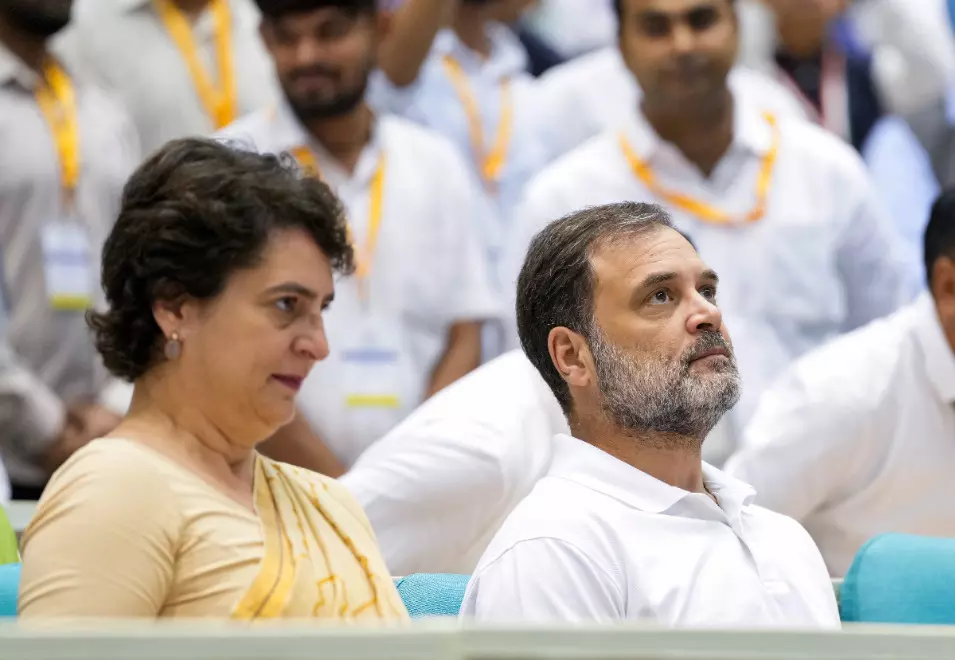Now Reading: Kajol Reacts Strongly to Paparazzi Request: “Language Doesn’t Decide Respect”
-
01
Kajol Reacts Strongly to Paparazzi Request: “Language Doesn’t Decide Respect”
Kajol Reacts Strongly to Paparazzi Request: “Language Doesn’t Decide Respect”

At the Maharashtra State Film Awards 2025, actress Kajol found herself at the centre of a media stir after a paparazzo asked her to speak in Hindi. Her sharp response—“Those who want to understand, will understand”—sparked a wider conversation on language, identity, and the pressures public figures face when navigating India’s multilingual landscape.
What Happened at the Event
Kajol arrived at the awards event in Mumbai and stopped briefly to interact with the media. During this, one of the paparazzi asked her to give her bytes in Hindi. The actress, visibly annoyed, replied in English and questioned why she should switch languages when her point was clear. Her tone and body language made it evident that she was not pleased with the demand.
Language Sensitivity or Overreaction?
The moment quickly went viral, with mixed reactions. Some felt Kajol was right to push back—India is a multilingual country and no single language holds a monopoly, especially in creative spaces. Others argued that public figures attending a state function in Maharashtra could at least make an effort to speak in Hindi or Marathi, out of respect for the occasion and the local audience.
Why This Hits a Nerve in India
Language isn’t just a tool of communication in India—it’s tightly linked to culture, identity, and even politics. For many in Tier 2 cities, speaking English fluently is still seen as aspirational, while others view the preference for English in media and celebrity circles as elitist. Kajol’s response reopens that old wound about whose language gets priority, and whether fluency in English still equals power or prestige.
The Bigger Picture: Stars, Media, and Public Expectations
Celebrities are constantly balancing expectations—being relatable yet aspirational, grounded yet glamorous. Interactions with the paparazzi are rarely just casual—they’re performances in themselves. But when a celebrity pushes back, like Kajol did, it forces everyone to think: are we more concerned with the language spoken, or the substance of what’s said?
Conclusion
Kajol’s reply may have sounded sharp, but it echoed a broader truth about India’s linguistic diversity. In a country where people switch between languages daily, expecting uniformity may be unrealistic. Whether she was right or wrong depends on where one stands, but the incident reminds us that in India, even a sentence can stir a national debate—especially when it’s said in English.

























